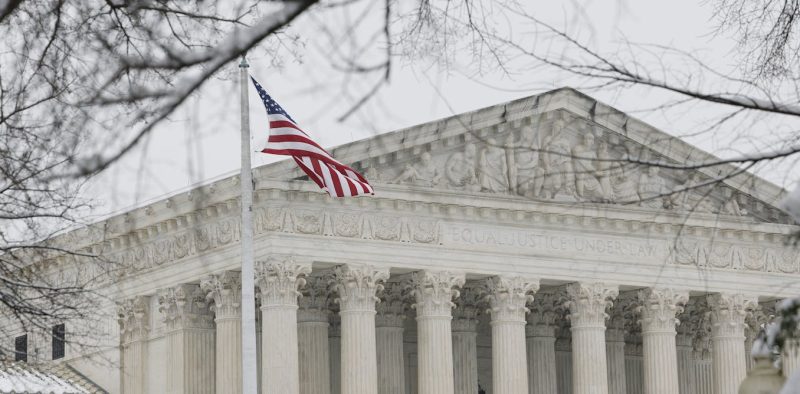
When a president issues an executive order, it might seem like a done deal. But a surprising roadblock often emerges: a single federal judge. This judge, based anywhere in the country, can halt the policy’s implementation nationwide, creating a powerful check on presidential power. This practice, involving what are known as nationwide preliminary injunctions, has become increasingly contentious, sparking debate among legal scholars and politicians alike.
These injunctions are designed to temporarily pause policies that might cause immediate and irreparable harm while the courts fully assess the case. While intended to be temporary, the slow pace of litigation often means these injunctions remain in place for extended periods, sometimes even outlasting the administration that implemented the policy. The Trump administration, for example, actively sought to limit judges’ power to issue these injunctions, highlighting the deep political implications involved.
The frequency of nationwide injunctions has risen in recent years. Several factors contribute to this: a highly polarized Congress that rarely passes major legislation, leading to increased reliance on executive orders; more sophisticated legal strategies employed to ‘judge shop’ – strategically filing cases in districts with judges perceived as more sympathetic to their arguments; and the increasingly aggressive use of injunctions by both Republicans and Democrats, depending on which party controls the White House.
The real-world effects are significant. The Deferred Action for Childhood Arrivals (DACA) program, for instance, has been embroiled in legal battles for over a decade, leaving the lives of hundreds of thousands of Dreamers hanging in the balance. Other examples include cases involving birthright citizenship, transgender military service, and federal funding freezes. Even congressional legislation, such as the Corporate Transparency Act, has faced nationwide injunctions, further demonstrating the broad reach of this judicial power.
Critics argue that nationwide injunctions grant excessive power to individual judges, potentially leading to unfairness and partisan decisions if judges are strategically selected. Conversely, supporters maintain that these injunctions are crucial for protecting fundamental rights, preventing situations where a policy’s legality differs across states. The debate extends to potential solutions, including requiring three-judge panels to review such cases or adjusting the financial burdens placed on plaintiffs seeking injunctions.
Congress is currently considering legislation to limit the use of nationwide injunctions. The Trump administration also implemented measures intended to make it harder and more costly to challenge government policies in court. This includes demanding larger cash deposits from plaintiffs seeking injunctions, raising concerns about access to justice. The Supreme Court’s ultimate stance on this issue will profoundly impact the balance of power between the executive and judicial branches, shaping the future of American governance and impacting the lives of countless citizens.










